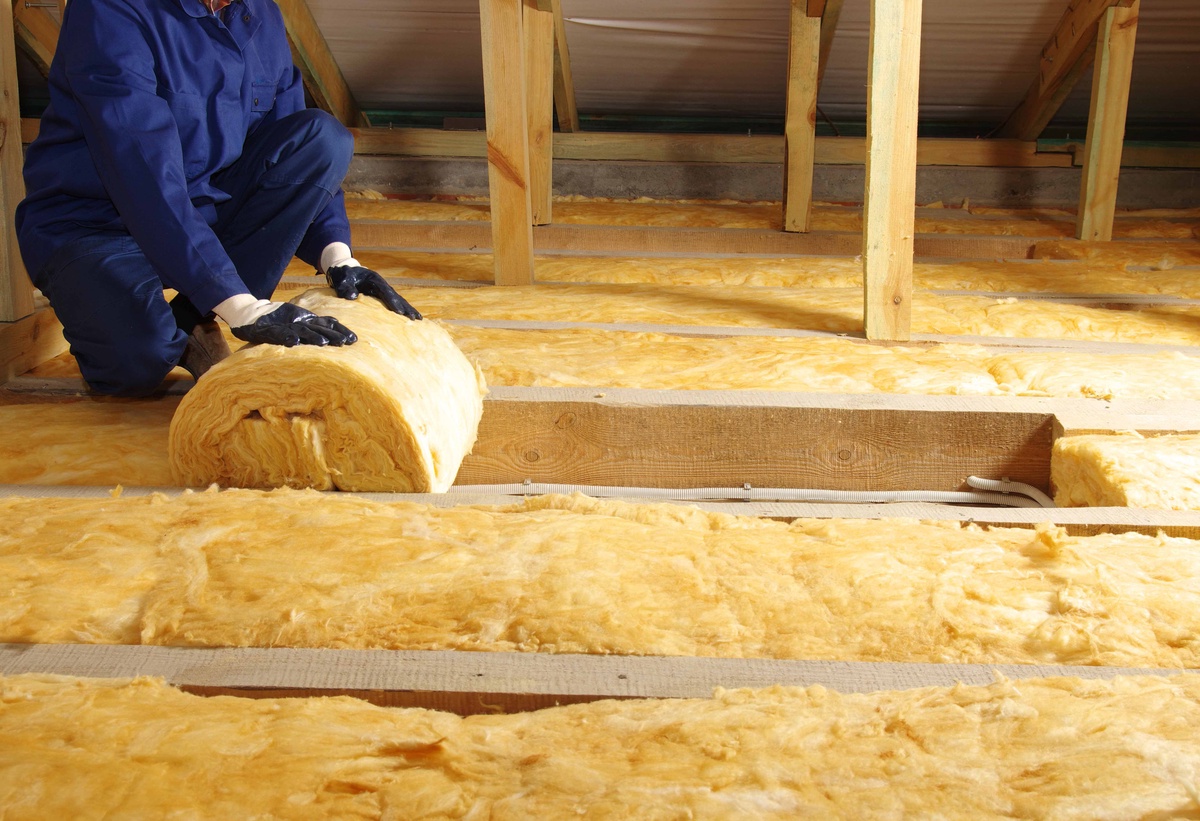When building your dream custom home, one crucial aspect to consider is insulation. Proper insulation not only ensures a comfortable living environment but also plays a significant role in energy efficiency. By selecting the right insulation for your custom home from a trusted insulation contractor like Classic Spray Foam, you can reduce energy consumption, lower utility bills, and minimize your ecological footprint.
In this article, we will explore the key factors to consider when choosing insulation for your custom home, enabling you to make an informed decision that aligns with your specific needs and priorities.
Climate And Location
The first factor to consider when selecting insulation for your custom home is your climate and location. Different regions experience varying temperature extremes and weather conditions. Understanding your local climate will help determine the appropriate insulation R-value, which measures the material's resistance to heat flow. In colder climates, a higher R-value is typically recommended to provide better thermal insulation, while in warmer climates, a lower R-value may be sufficient.
For instance, if you reside in a region with cold winters and hot summers, such as the northern parts of the country, you will need insulation that can withstand extreme temperature fluctuations. With its excellent insulating properties and air-sealing capabilities, spray foam insulation can effectively regulate indoor temperatures and keep your custom home comfortable year-round.
Energy Efficiency
Energy efficiency is a crucial consideration when choosing insulation for your custom home. Look for insulation materials that offer high thermal performance, effectively reducing heat transfer through walls, floors, and ceilings. Some energy-efficient insulation options include spray foam insulation, cellulose, and rigid foam insulation. These materials create an airtight seal, preventing drafts and minimizing heat loss or gain.
Spray foam insulation, in particular, is known for its superior energy efficiency. It expands and fills gaps, cracks, and cavities, providing an effective air barrier. This air-sealing property helps eliminate energy-wasting drafts and reduces the workload on your heating and cooling systems, ultimately leading to significant energy savings.
Environmental Impact
Sustainability has become increasingly important in home construction. Consider insulation materials that are eco-friendly and have a minimal impact on the environment. For instance, recycled cellulose insulation, made from recycled paper and cardboard, is an excellent environmentally friendly option. Additionally, materials with long lifespans contribute to reduced waste over time.
When choosing insulation, look for certifications such as the Greenguard Gold certification, which ensures low chemical emissions and promotes healthier indoor air quality. These environmentally conscious choices not only benefit the planet but also contribute to a more beneficial living space for you and your family.
Air Quality And Health
Indoor air quality is crucial for maintaining a healthy living environment. Some insulation materials, such as fibre glass, can release tiny particles into the air, potentially causing respiratory issues. If you or your family members have sensitivities or allergies, consider insulation materials with low VOC (volatile organic compounds) emissions, such as spray foam insulation. Spray foam creates an effective air barrier, preventing the entry of allergens and pollutants, and enhancing the indoor air quality of your custom home.
Moreover, the air-sealing properties of spray foam insulation help prevent the infiltration of outdoor pollutants, dust, and pollen, creating a healthier and more comfortable environment inside your custom home.
Moisture Resistance
Proper moisture management is essential for preventing mould growth and maintaining structural integrity. Look for insulation materials that have moisture-resistant properties, particularly in areas prone to high humidity or moisture infiltration. Closed-cell spray foam insulation is an excellent option as it acts as a vapour barrier, preventing moisture from penetrating walls and causing damage.
By selecting moisture-resistant insulation, you can protect your custom home from potential water-related issues, ensuring its longevity and structural soundness.
Noise Reduction
If your custom home is in a noisy area or you simply desire a quieter living space, consider insulation materials with good soundproofing properties. Fibreglass and mineral wool insulation effectively reduce noise transmission between rooms and from external sources. These materials can help create a peaceful and comfortable living environment, minimizing disruptions from outside noise.
By choosing insulation with noise-reducing capabilities, you can enjoy a more serene atmosphere within your custom home, allowing for better relaxation and concentration.
Long-Term Savings
Investing in high-quality insulation for your custom home can result in long-term savings. Although some insulation options may have a higher upfront cost, their superior energy efficiency can significantly reduce heating and cooling expenses over time. Evaluate the long-term benefits and potential energy savings when selecting insulation materials for your custom home.
By considering the long-term cost savings associated with energy-efficient insulation materials, you can make a smart investment that pays off in the form of reduced utility bills and increased energy savings.
Conclusion
Selecting the right insulation for your custom home is a critical decision that can significantly impact energy efficiency, comfort, and sustainability. Consider factors such as climate, energy efficiency, environmental impact, air quality, moisture resistance, noise reduction, and long-term savings.
By making an informed choice, you can create a well-insulated custom home that provides a comfortable living environment while minimizing energy consumption and reducing your carbon footprint. Work closely with your contractor or insulation professional to explore the best insulation options that meet your unique needs and requirements.


No comments yet